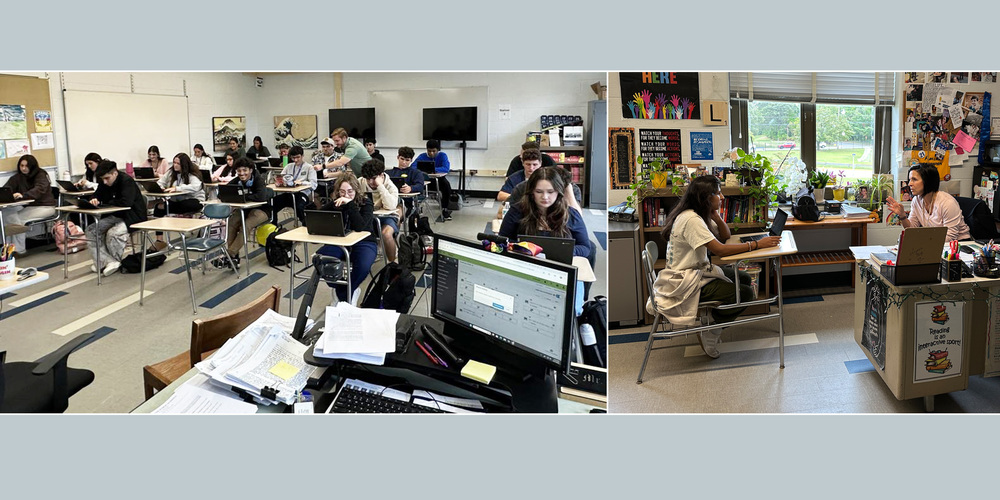As seniors navigate the exciting but often daunting world of college applications, one component consistently stands out: the personal essay. While much of a student’s application is a collection of impersonal data—grades, standardized test scores, and lists of activities—the essay is the one place where a student's unique voice, personality, and character can truly shine. It transforms an applicant from a set of statistics into a memorable individual. This is their story, their sales pitch, and their opportunity to connect with an admissions officer on a human level.
The process of writing an effective college essay is a journey, not a sprint. It is a marathon of brainstorming, drafting, and relentless revision. The goal is to move from a rough collection of ideas to a polished, focused, and powerful piece of writing that reflects the student's authentic self.
The Process: From Rough Idea to Polished Gem
Many students believe they need a perfect idea before they can begin writing. The reality is quite the opposite. The first step is simply to gain mindful momentum by getting thoughts onto the page. We often refer to this as the “vomit draft”—a raw, unfiltered outpouring of ideas, memories, and reflections. At this stage, students should not worry about grammar, structure, or word count. The only goal is to generate material, exploring their memories and mind for rich substance and experience.
From this rough draft, the real work begins. The writing process is recursive, meaning students will fold their ideas over onto each other again and again, refining their message with each pass. Through multiple drafts, they will:
Discover their focus: What is the core story or message they truly want to convey?
Develop their ideas: Where can they add more descriptive detail, a poignant anecdote, or deeper reflection to build meaning for the reader?
Refine their prose: Students are encouraged to treat their writing like poetry, considering the purpose and weight of every single word. This is where a 650-word limit becomes a creative challenge, not just a restriction.
Support at the High School
We understand that this is a challenging process, and our school is dedicated to providing robust support for every senior. This support begins before the school year even starts. Over the summer, veteran English teacher Dawn Lynch and other faculty members offer college essay workshops designed to help students get a critical head start on brainstorming and drafting.
This guidance continues seamlessly into the school year. The first quarter of senior year English classes, including College Freshman English and IB Language and Literature Year Two, has dedicated curriculum time for students to develop, revise, and polish their application essays with direct feedback from their teachers. We work to convince students of what we already know to be true: they all have a unique and interesting story to tell.
The Most Important Voice: Your Own
Throughout this journey, students will receive feedback from many well-meaning sources: teachers, counselors, parents, tutors, and friends. While this input is invaluable for spotting areas of confusion or opportunities for growth, it is essential that the student remains the true author of their work. The essay must be written in their voice.
Admissions officers read thousands of essays; they are experts at discerning authenticity. An essay that sounds like it was written by a committee or an overly involved parent loses the very quality that makes it powerful—the genuine voice of the applicant. We guide students to process feedback thoughtfully but, ultimately, to make choices that align with their own style and message. This is their story, and they must be the one to tell it.
The journey from a blank page to a final, polished essay is an exercise in critical thinking, creativity, self-discovery, and hard work. We encourage all seniors to embrace the process, start early, and take advantage of the support systems in place. We are here to help them craft an essay that not only strengthens their application but also serves as a meaningful reflection of who they are and who they hope to become.

